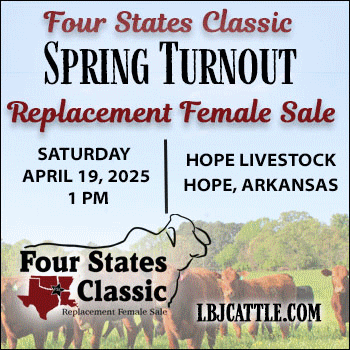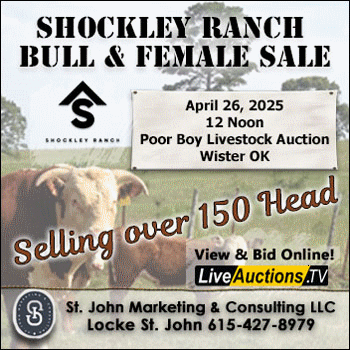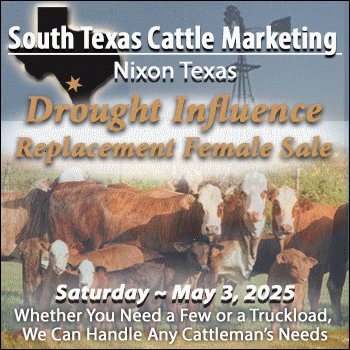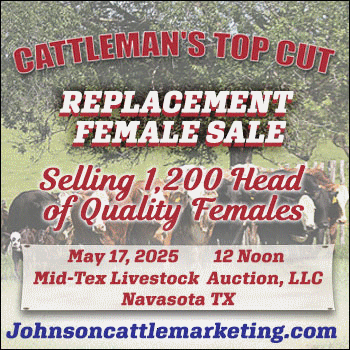The new rules allows individual farmers and ranchers to submit complaints of unfair practices without needing to prove market-wide harm.
PIERRE, S.D. (MITCHELLNOW)
On September 11th, 2024, the public comment period for the USDA’s proposed Packers and Stockyards Act rules came to a close. Members of the Western Organization of Resource Councils (WORC), Northern Plains Resource Councils (NPRC), Ranchers Cattlemen Action Legal Fund United Stockgrowers of America (R-CALF USA), Missouri Rural Crisis Center, Iowa Citizens for Community Improvement (CCI), stand firmly behind the proposed rule, believing it will effectively combat the unfair practices of meatpacker monopolies and protect ranchers.
Under the Packers and Stockyards Act (P&S Act), ranchers are entitled to safeguards against unfair business practices from the meatpacking companies. Unfortunately, lawyers and the “Big Four” meatpackers have confused some courts in an effort to create additional legal barriers that are not established by the P&S Act, such as the “competitive injury” standard, to evade accountability for treating producers unfairly.
The proposed rule entitled “Fair and Competitive Livestock and Poultry Markets” clarifies that Section 202(a) of the PSA applies to both markets at large and individual market participants. In other words, individual farmers and ranchers can bring complaints of unfair practices without needing to prove market-wide harm. If this proposed rule is finalized, packers, ranchers, and courts will have clear standards to follow, ensuring that farmers and ranchers are no longer subjected to these unfair practices.
Grassroots efforts to engage ranchers and consumers across rural America have yielded remarkable results. Over 10,000 individuals submitted comments to the USDA, urging them to finalize and even strengthen this proposed rule, holding companies accountable for their actions. The overwhelming support from ranchers and consumers demonstrates the urgent need for change in the industry.
These organizations eagerly anticipate the finalization of this rule and call upon Congress to refrain from proposing policy riders that would defund or obstruct this crucial effort. These rules have garnered immense popularity among rural communities and must be finalized.
“The proposed P&S Act rules will level the playing field for ranchers and curb the power of meatpacker monopolies,” stated Gilles Stockton, a rancher from Grass Range Montana and a member of NPRC and WORC. “We urge the USDA to swiftly finalize these rules. After 50 years of failure to enforce the P&S Act it’s past time to reign in the packers.”
“For decades, Missouri Rural Crisis Center members and Missouri’s independent family farmers have been organizing for strengthened and enforced antitrust laws,” said Darvin Bentlage, MRCC member and 4th generation cattle producer. “A critical role of our government is to ensure fairness in markets by facilitating and balancing power in the economic relationships among farmers/ranchers, consumers and food companies. This proposed rule would be a good step toward market fairness and would be greatly beneficial to Missouri cattle farmers, our rural communities and cattle producers across the U.S.”
“Today, the four largest processors in each sector control 85% of the market for beef, 67% of the market for pork, and 60% for poultry,” said CCI board president Barb Kalbach, a 4th generation family farmer from Adair County. “These big corporations have way too much market power and control, and that’s driven family farmers out of business and led to price gouging at the grocery store.”
“The Packers and Stockyards Act of 1921 has been deemed a toothless tiger – completely ineffective in protecting independent livestock producers from abusive buying practices by the highly-concentrated meatpacking industry,” said Bill Bullard, CEO of R-CALF USA. “Until now, the USDA never wrote the rules and regulations needed to properly enforce the protections the law was supposed to provide. Without the guidance this rule provides, several courts had interpreted the law in such a way as to place the law’s protections out of reach of U.S. cattle and sheep farmers and ranchers.”















